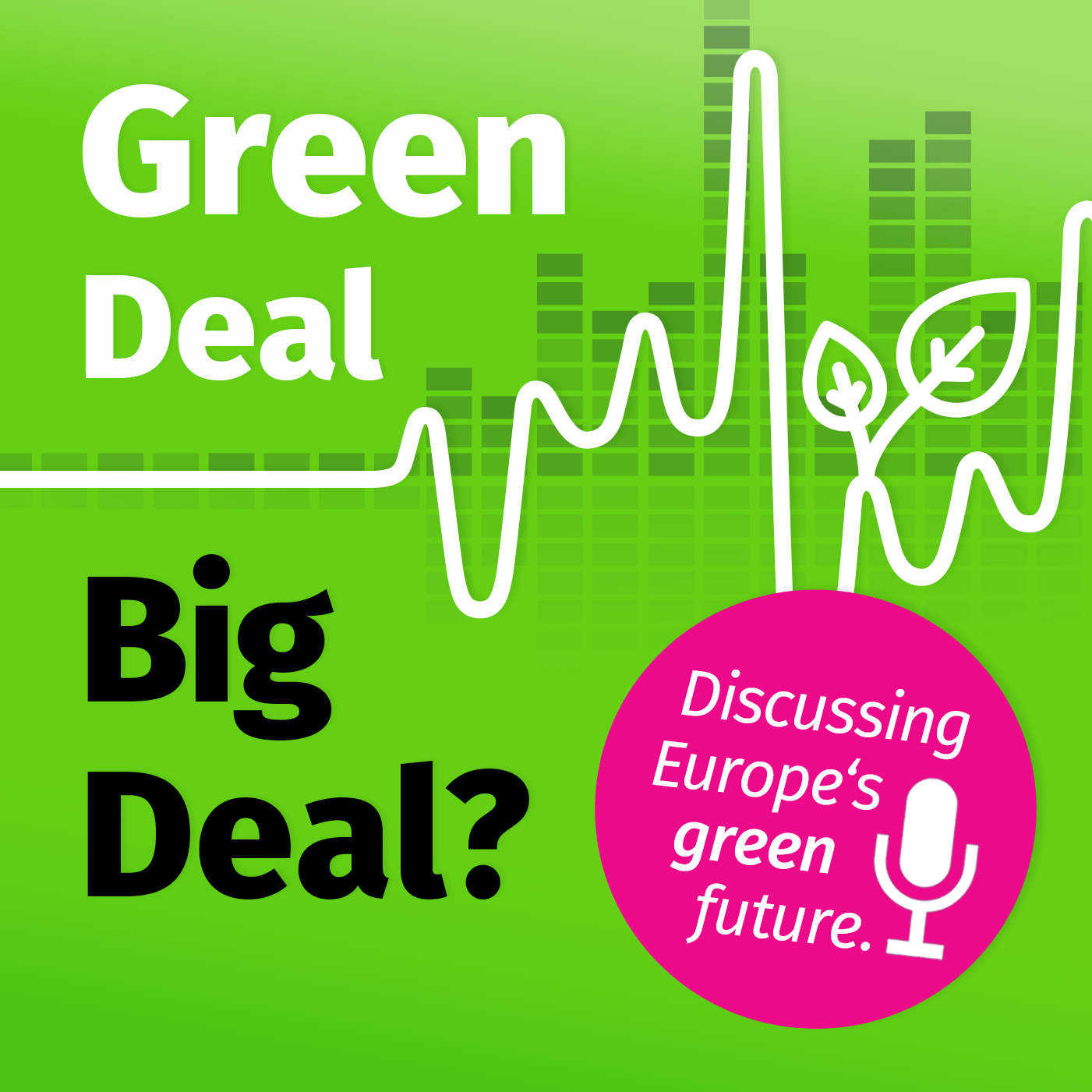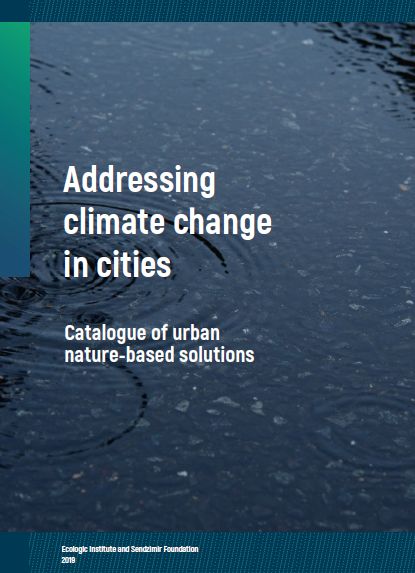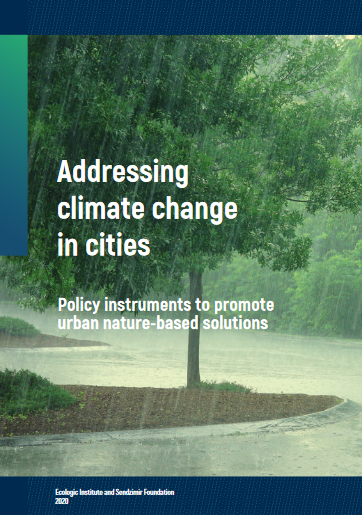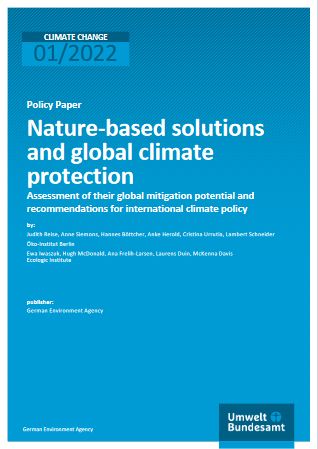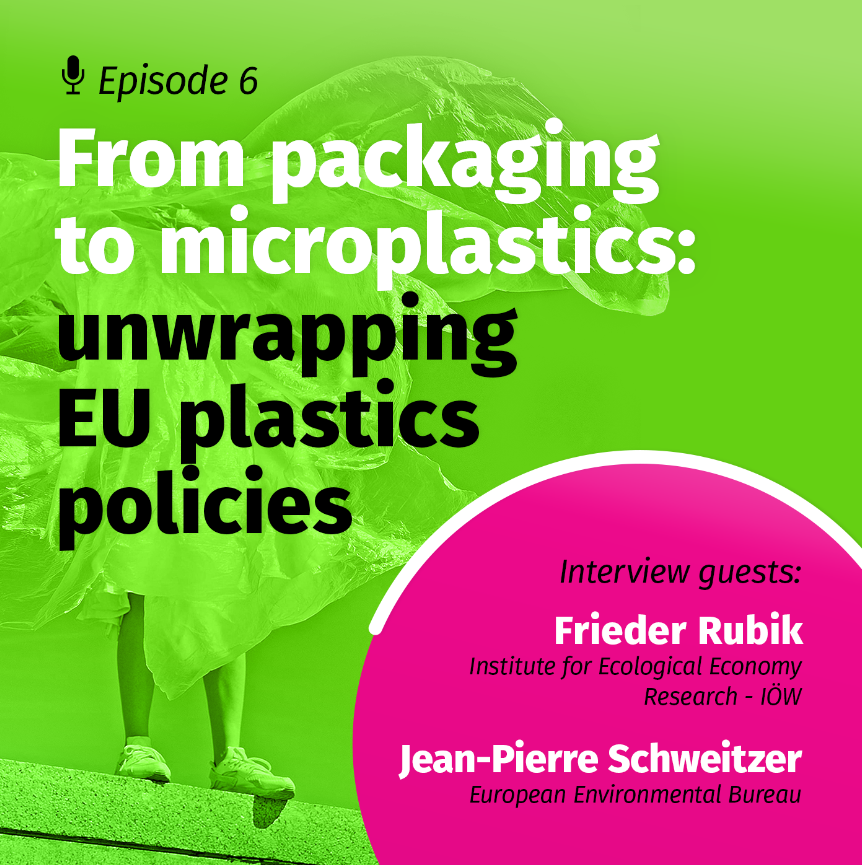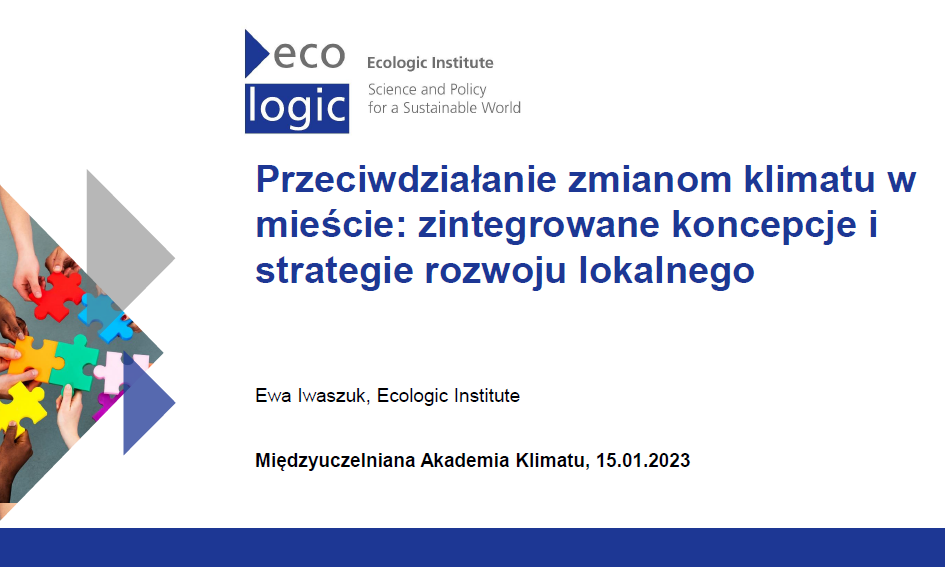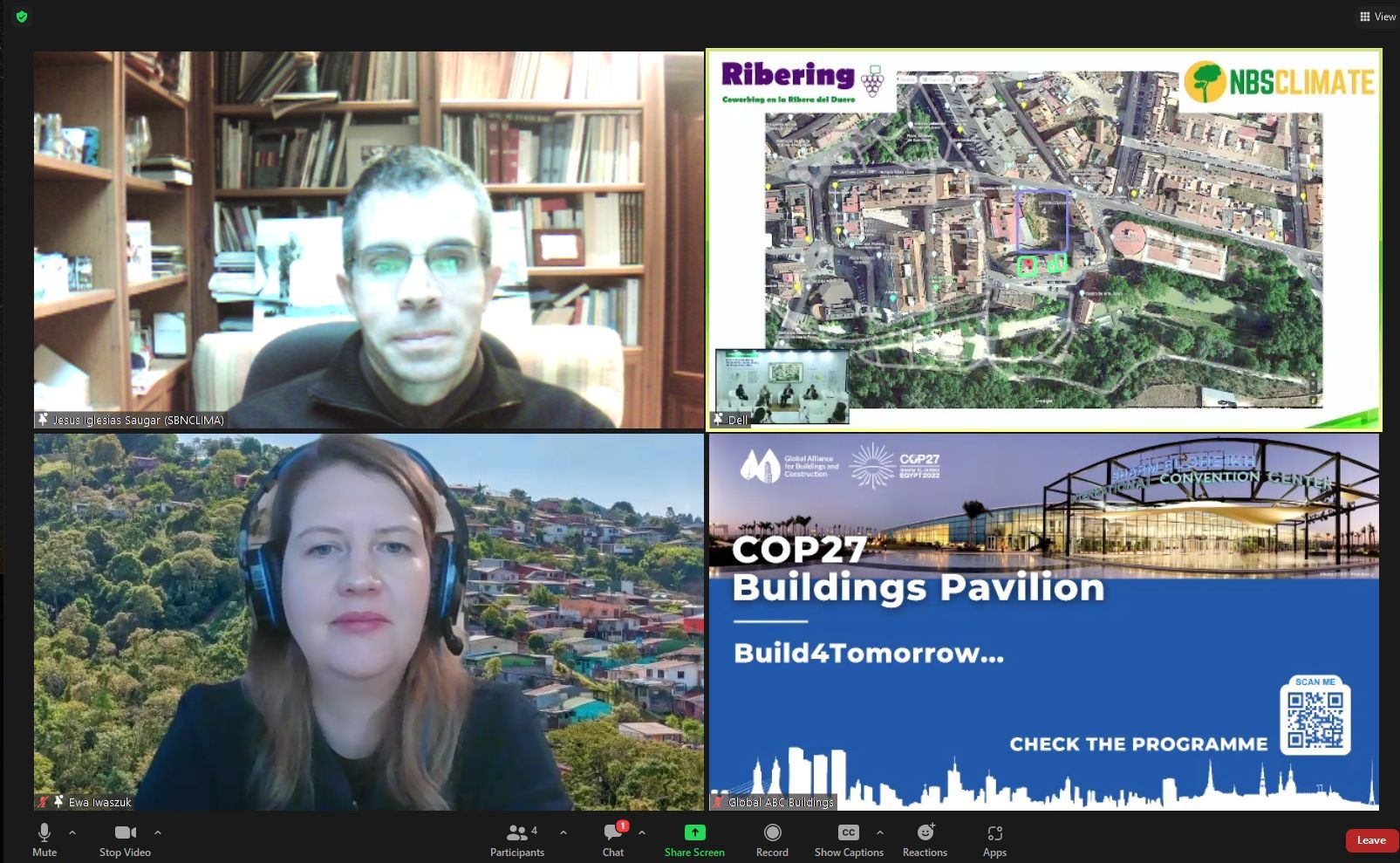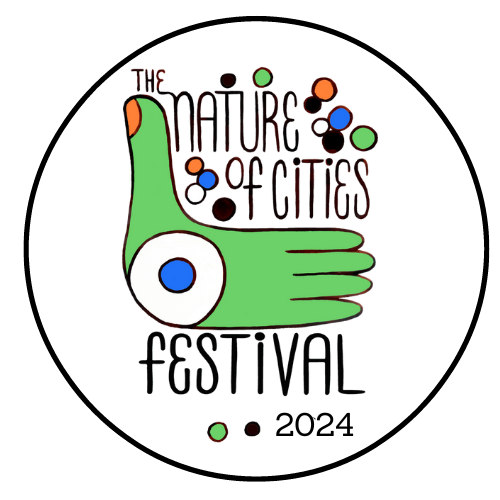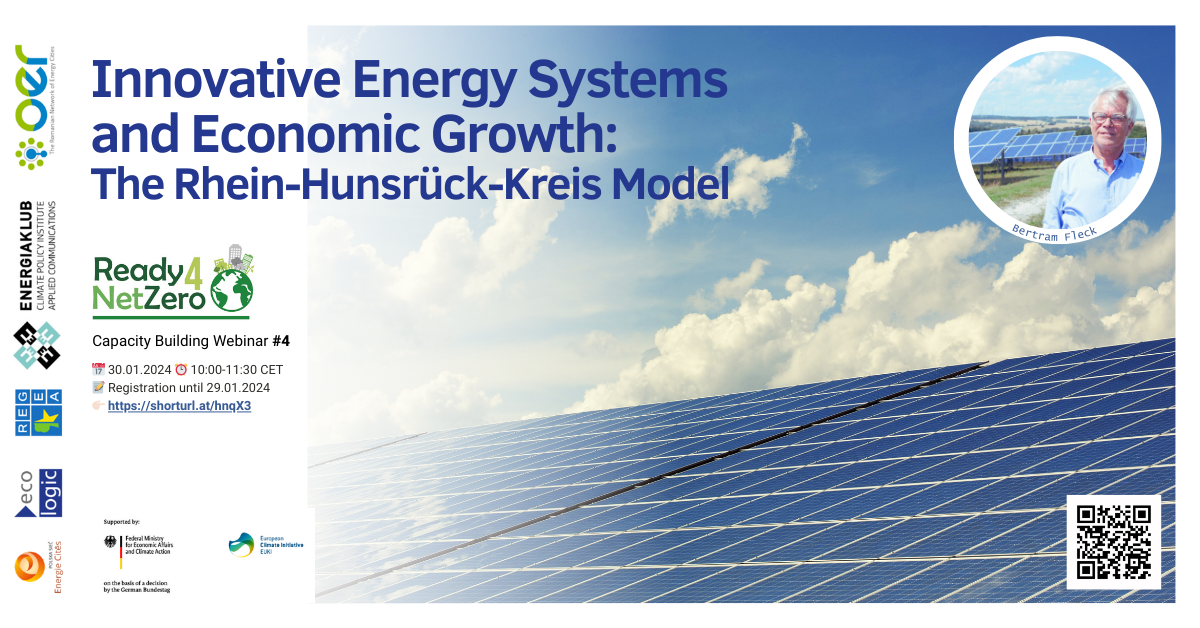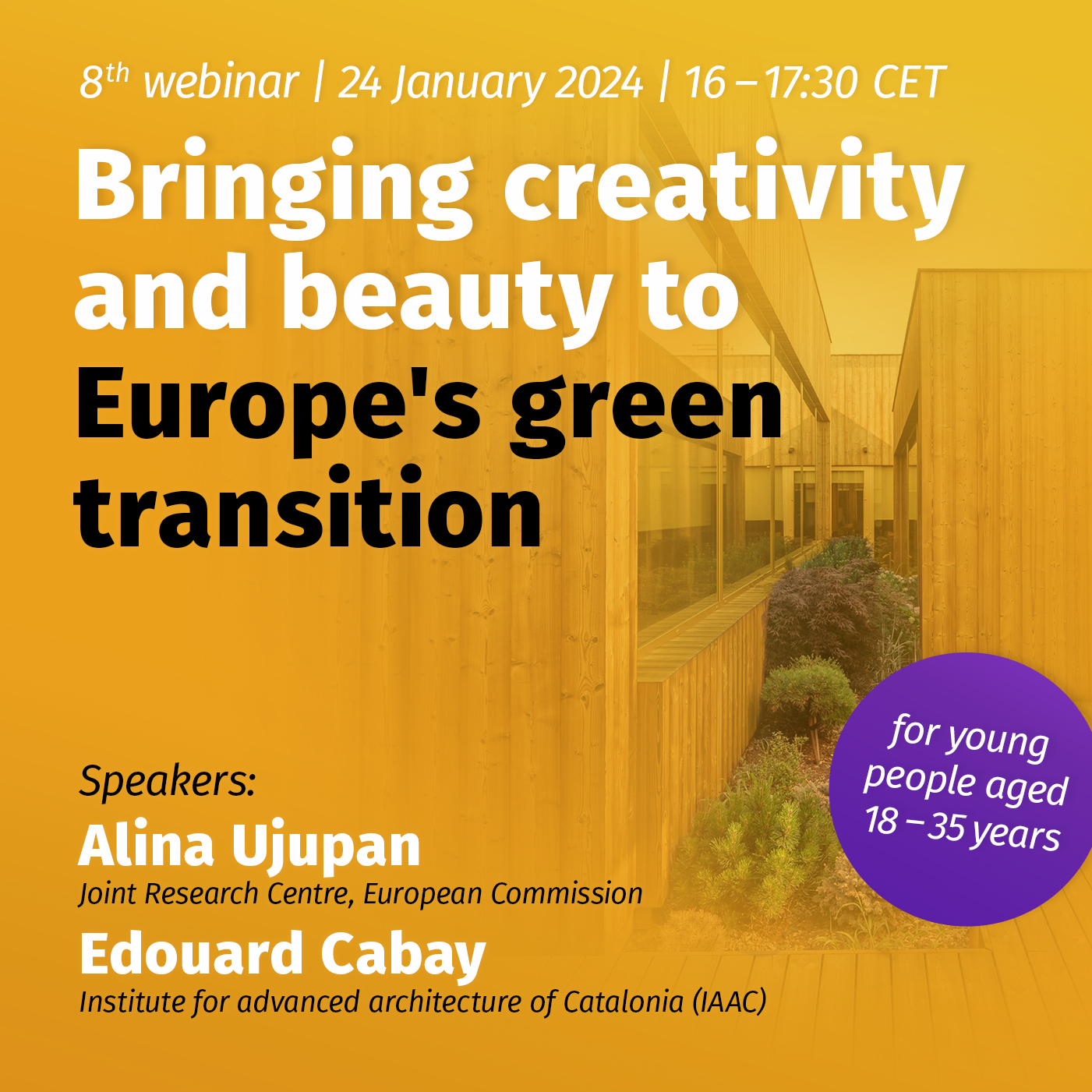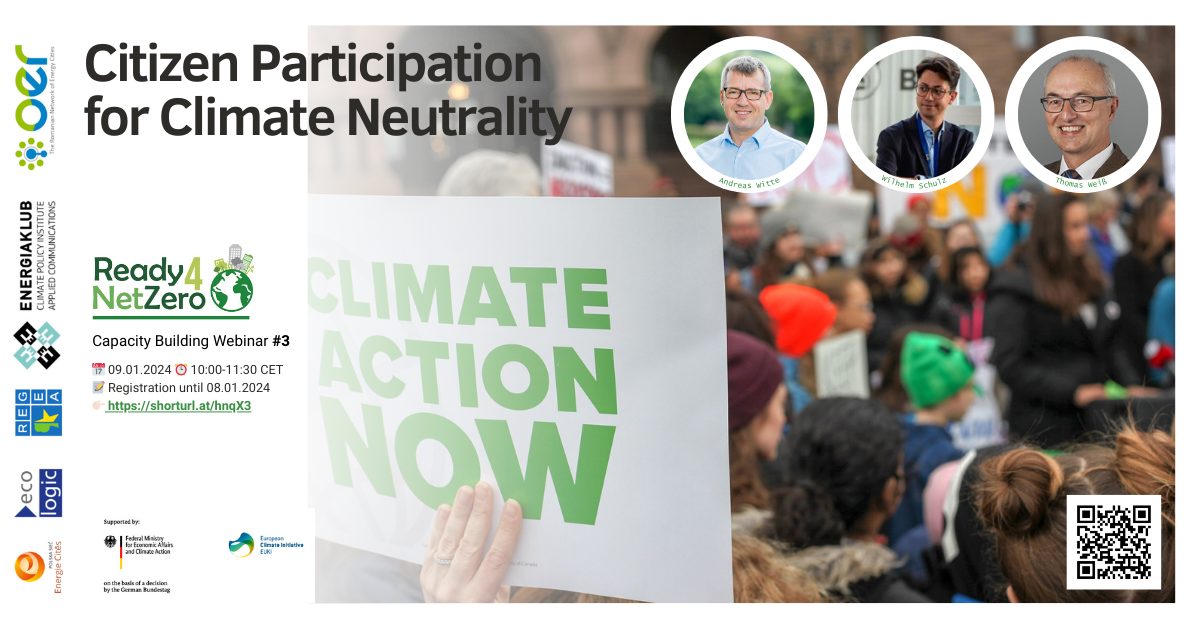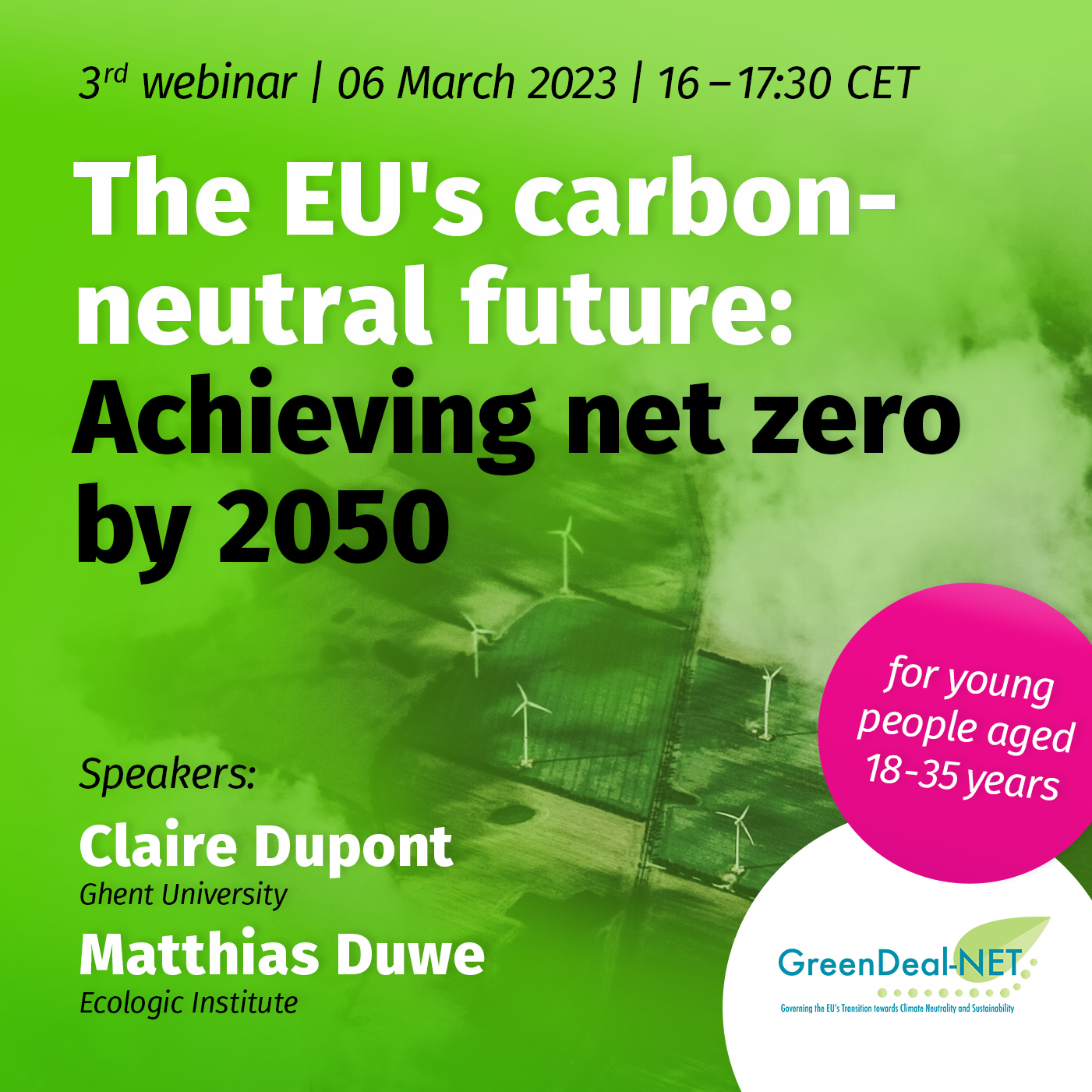
Ewa Iwaszuk
MSc (Environment & Sustainable Development)
BA (Economics, Business and East European Studies)
Fellow
- Team
- Topics
Ewa Iwaszuk works at Ecologic Institute as a Fellow. Her work focuses on nature-based solutions, climate policy and urban governance. Ewa's native language is Polish, she is fluent in English and Czech and speaks conversational Spanish, Russian and German.
At Ecologic Institute Ewa Iwaszuk conducts research combining topics of sustainable urban development, nature-based solutions and climate protection, including within the projects "International Cooperation to Restore and Connect Urban Environments in Latin America and Europe" (INTERLACE) and "Capacity Development for Long-term Climate Neutrality Strategies in Towns and Cities" (Ready4NetZero). She is a lead author of "Addressing Climate Change in Cities – Catalogue of urban nature-based solutions" and a co-author of "Addressing Climate Change in Cities – Policy Instruments to Promote Urban Nature-based Solutions", publications designed to promote implementation of nature-based solutions to address climate change in urban areas. Ewa is also a co-author of "Nature-based Solutions and Global Climate Protection", a publication assessing global mitigation potential of nature-based solutions.
Ewa develops science and policy communication materials such as podcasts. She is a co-host and content lead of "Green Deal – Big Deal?", a podcast that aims to familiarize the public in Europe with the contents, aims and ambitions of the European Green Deal. She also led the development of "Creating Green Cities", a podcast on urban nature-based solutions.
Before arriving at Ecologic Institute, Ewa Iwaszuk worked as a Research Assistant at the Development Planning Unit, University College London (UCL, United Kingdom) and the UCL department for Science, Technology, Engineering and Public Policy. Before starting her MSc degree, Ewa worked at International Young Naturefriends (IYNF), a pan-European network of youth environmental NGOs.
Ewa Iwaszuk received her Master’s degree at UCL. Her thesis analysed policy development, governance and planning processes that led to Durban (South Africa) having one of the most comprehensive local-level climate mitigation and adaptation strategies in the world. Ewa Iwaszuk holds a Bachelor of Arts in Economics, Business and East European Studies from UCL. During her undergraduate studies Ewa spent a year at the Institute of Economic Studies at Charles University, Prague (Czech Republic).
Contact Ewa Iwaszuk by Email
Selected projects by Ewa Iwaszuk
International Cooperation to Restore and Connect Urban Environments in Latin America and Europe (INTERLACE)
- Duration
-
-
- Funding
-
European Commission, Directorate-General Research & Innovation (DG Research & Innovation), International
Green Deal – Big Deal? Discussing Europe's Green Future
- Duration
-
-
- Funding
Climate Adaptation Naturally!
- Duration
-
-
- Funding
-
German Environment Agency (UBA), Germany
Nature Based Urban Innovation (NATURVATION)
- Duration
-
-
- Funding
-
European Commission, Directorate-General Research & Innovation (DG Research & Innovation), International
Dialogue on Pathways and Policies for a Climate-neutral EU (Climate Recon 2050)
- Duration
-
-
- Funding
-
European Climate Foundation (ECF), International
Selected publications by Ewa Iwaszuk
English version: Iwaszuk, E., Rudik, G., Duin, L., Mederake, L., Davis, M., Naumann, S., Wagner, I., 2019: Addressing Climate Change in Cities. Catalogue of Urban Nature-Based Solutions. Ecologic Institute, the Sendzimir Foundation: Berlin, Krakow.
Polish version: Iwaszuk, E., Rudik, G., Duin, L., Mederake, L., Davis, M., Naumann, S., Wagner, I., 2019: Błękitno-zielona
infrastruktura dla łagodzenia zmian klimatu w miastach. Katalog techniczny. Ecologic Institute, Fundacja Sendzimira: Berlin, Krakow.
Naumann, S., Davis, M., Iwaszuk, E., Freundt, M., Mederake, L., 2020: Addressing climate change in cities – Policy instruments to promote urban nature-based solutions. Ecologic Institute, the Sendzimir Foundation: Berlin, Krakow.
Naumann, S., Davis, M., Iwaszuk, E., Freundt, M., Mederake, L., 2020: Błękitno-zielona infrastruktura dla łagodzenia zmian klimatu w miastach. Narzędzia strategiczne. Ecologic Institute, Fundacja Sendzimira: Berlin, Krakow.
Green Deal – Big Deal podcast
Ecologic Institute 2022: From packaging to microplastics: unwrapping EU plastics policies. Podcast. 17 October 2022. Online: https://greendealbigdeal.podigee.io/6-plastic
Ecologic Institute 2022: European Green Deal – what is Europe trying to achieve and where are we now?. Green Deal – Big Deal?. Podcast. 7 April 2022. Online: https://greendealbigdeal.podigee.io/
Ecologic Institute 2022: It's Electric! The future of mobility in Europe. Green Deal – Big Deal?. Podcast. 9 May 2022. Online: https://greendealbigdeal.podigee.io
Ecologic Institute 2022: Sustainability in style: circular fashion in the European Green Deal . Podcast. 9 June 2022. Online: https://greendealbigdeal.podigee.io
Ecologic Institute 2023: The European Green Deal symphony: conducting the net-zero transition. Podcast. Online: https://www.greendealbigdeal.eu/podcast/episode-8/
Ecologic Institute 2022: Farm to Fork: feeding a continent without wrecking a planet . Podcast. 2 August 2022. Online: https://greendealbigdeal.podigee.io
Ecologic Institute 2022: Fifty shades of green: sustainable finance and the EU taxonomy. Podcast. Online: https://greendealbigdeal.podigee.io/7-sustainable-finance
Creating Green Cities podcast
Ecologic Institute, 2020: Valuing nature: can money really grow on trees?. 10 August 2020. Online: https://creating-green-cities.podigee.io/4-valuing-nature
Ecologic Institute, 2020: Innovating with Nature, People and Places. 24 August 2020. Online: https://creating-green-cities.podigee.io/5-innovating-with-nature-people-and-places
Ecologic Institute 2020: All Hands on Deck: Governing Urban Green. Creating Green Cities. Podcast. 27 July 2020. Online: https://creating-green-cities.podigee.io/3-governing-urban-green
Ecologic Institute 2020: Urban Trees and Gardens: How Good Are They Really for You?. Creating Green Cities. Podcast. 13 July 2020. Online: https://creating-green-cities.podigee.io/2-urban-trees-and-gardens
Ecologic Institute 2020: Bringing Nature Back into Cities. Creating Green Cities. Podcast. 25. June 2020. Online: https://creating-green-cities.podigee.io/1-bringing-nature-back-into-cities
Selected presentations by Ewa Iwaszuk
Lecture:Addressing Climate Change in Cities: Integrated concepts and strategies for local development
- Date
-
- Location
- online
Speech:Policy Instruments to Promote Implementation of Nature-based Solutions
- Date
-
- Location
- hybrid, Sharm-el-Sheikh, Egypt
Interview:Green Cities for the Heat
- Date
-
- Location
- WDR1 COSMO po polsku, Germany
Speech:Good Practices from Germany as an Inspiration for Polish Local-governments
- Date
-
- Location
- online





